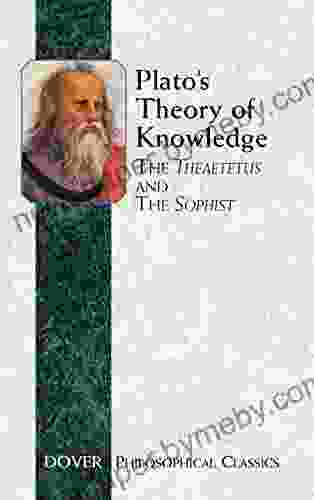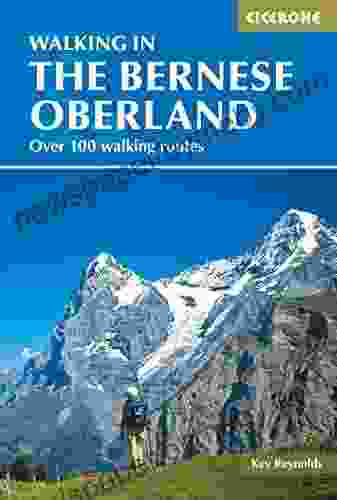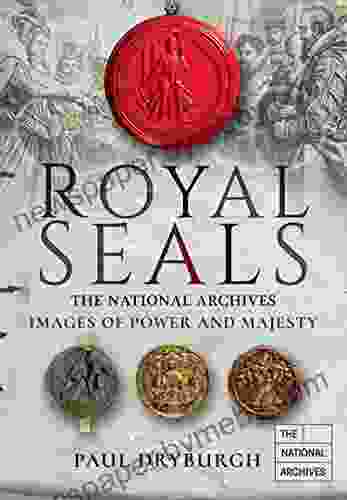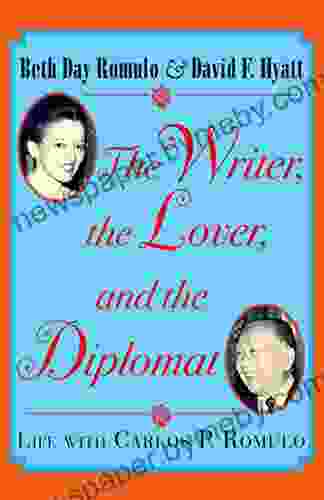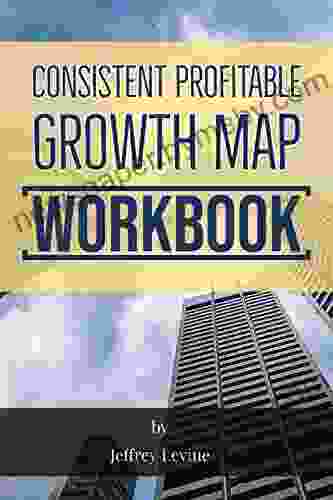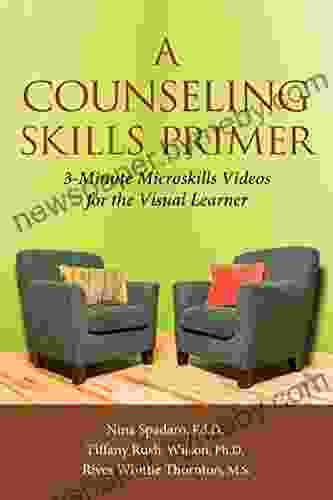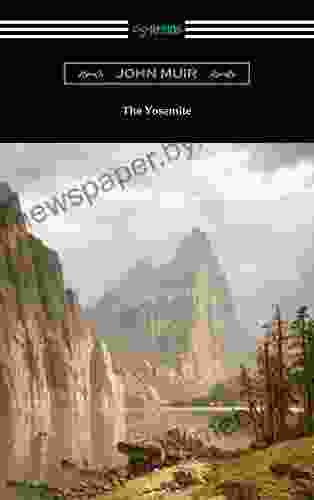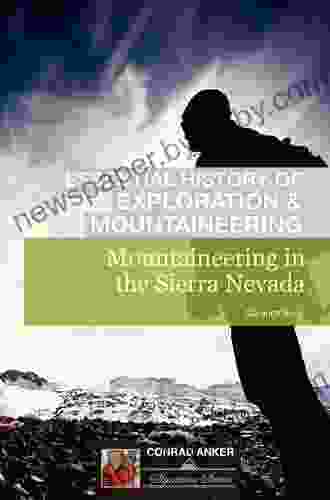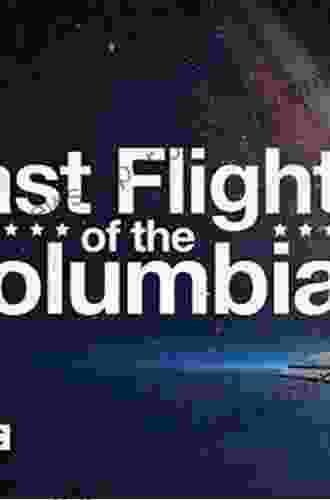: The Quest for True Knowledge
Plato's theory of knowledge is a profound and influential philosophical exploration that has shaped Western thought for centuries. At its core lies the fundamental question: what is true knowledge, and how can we attain it? Plato believed that true knowledge is not derived from our senses or experiences, but rather from the realm of eternal and unchanging Forms, which exist independently of our physical world.
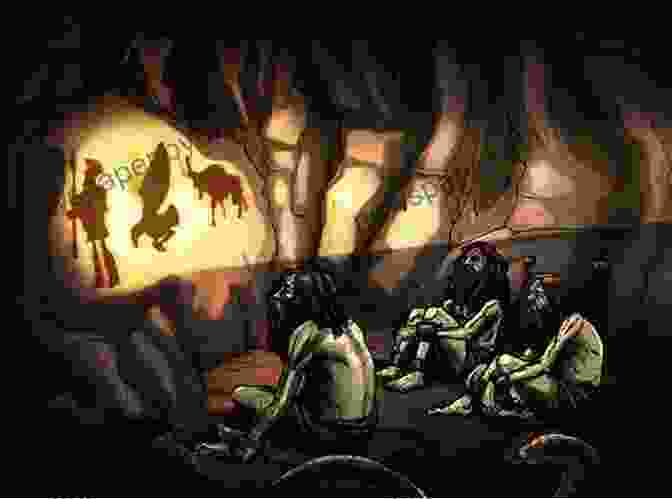
The Divided Line: Levels of Knowing
To understand Plato's theory of knowledge, we must first grasp his concept of the Divided Line. This line represents a hierarchy of four levels of knowing, ranging from mere opinion to true knowledge.
- Imagination: The lowest level, where we form opinions based on our senses and experiences.
- Belief: A higher level, where we have a stronger belief in our opinions, but they are still not based on true knowledge.
- Reasoning: The third level, where we use logical reasoning to reach s.
- Intellectual Intuition: The highest level, where we directly apprehend the eternal Forms and attain true knowledge.
The Realm of Forms: True Reality
According to Plato, the Forms are perfect, unchanging, and eternal entities that exist in a realm separate from our physical world. These Forms represent the true nature of things, such as beauty, justice, and equality. Our physical world is merely a shadow or imitation of the true reality found in the realm of Forms.
Plato believed that the soul, which is immortal and pre-exists our physical bodies, has direct experience of the Forms before we are born. However, when we enter the physical world, our souls become veiled and forget our knowledge of the Forms.
The Role of Education: The Path to Enlightenment
The goal of education, according to Plato, is to help us remember our innate knowledge of the Forms. Through a rigorous process of intellectual inquiry and dialectic, we can gradually ascend the Divided Line, moving from mere opinion to true knowledge.
Plato's ideal educational system, as outlined in his Republic, emphasized the study of mathematics, philosophy, and the arts. He believed that these subjects could help develop our rational faculties and prepare us for the contemplation of the Forms.
The Myth of the Cave: The Journey from Ignorance to Truth
One of Plato's most famous allegories, the Myth of the Cave, illustrates the journey from ignorance to enlightenment. In this allegory, prisoners are chained in a cave, facing a wall. All they can see are shadows projected onto the wall, which they mistake for reality.
When one prisoner escapes the cave and sees the true world outside, he is blinded by the light at first. But gradually, he adapts and comes to understand the true nature of reality. This allegory represents the process of acquiring true knowledge and the challenges we face in breaking free from our own limited perceptions.
The Nature of Truth: The Correspondence Theory
Plato's theory of knowledge is closely linked to his concept of truth. He believed that truth is a correspondence between our knowledge and the external world, specifically the realm of Forms. True knowledge is not subjective or based on our personal opinions or beliefs, but rather on our ability to accurately perceive and describe the world as it truly is.
The Role of the Soul: The Seat of Knowledge
In Plato's philosophy, the soul is the seat of knowledge. He believed that the soul is an immortal entity that carries within it the knowledge of the Forms. When we acquire knowledge, it is not something new that is being added to our souls, but rather a process of remembering what we already know deep within us.
: The Legacy of Plato's Theory of Knowledge
Plato's theory of knowledge has had a profound impact on Western thought. It has shaped our understanding of the nature of reality,



